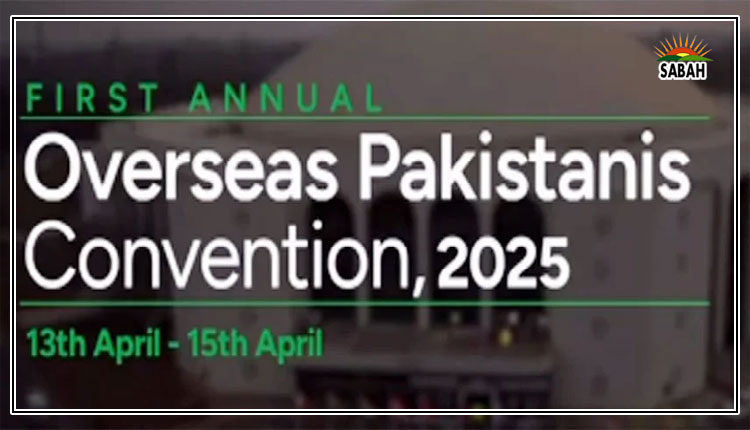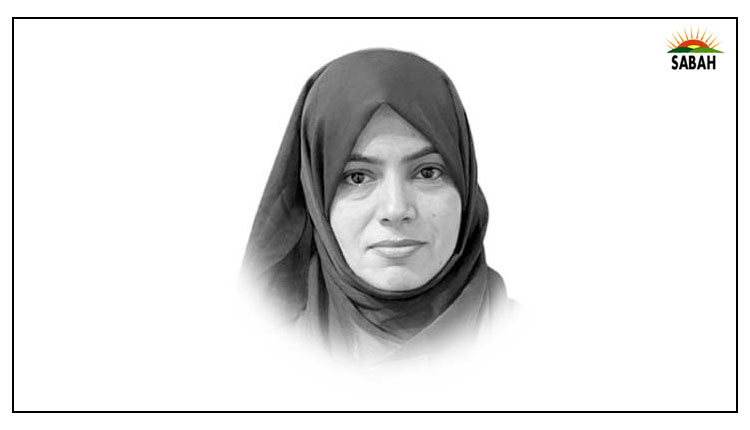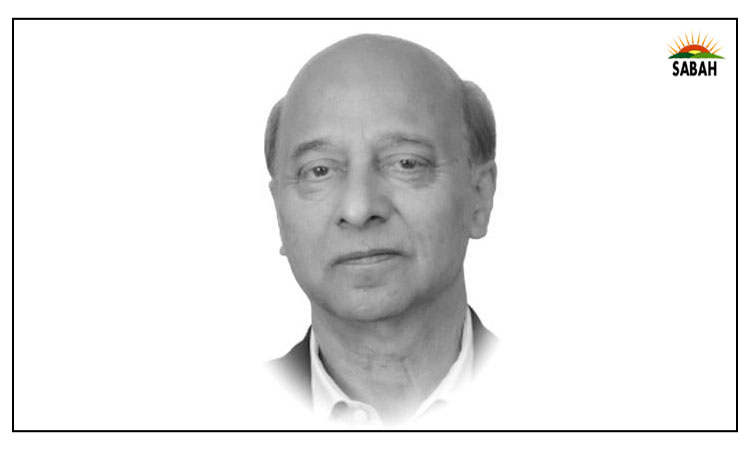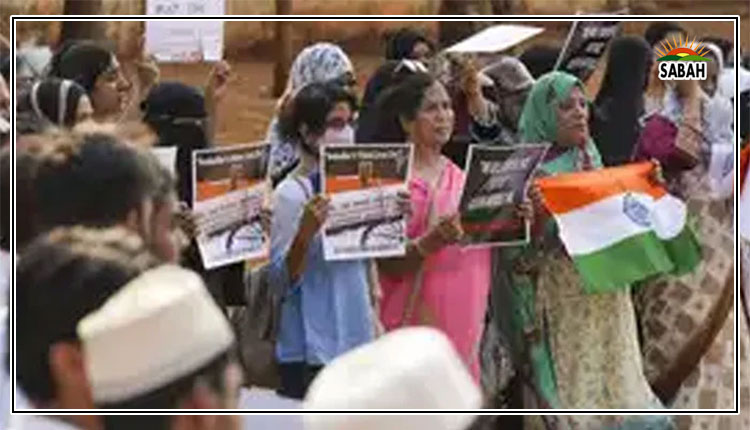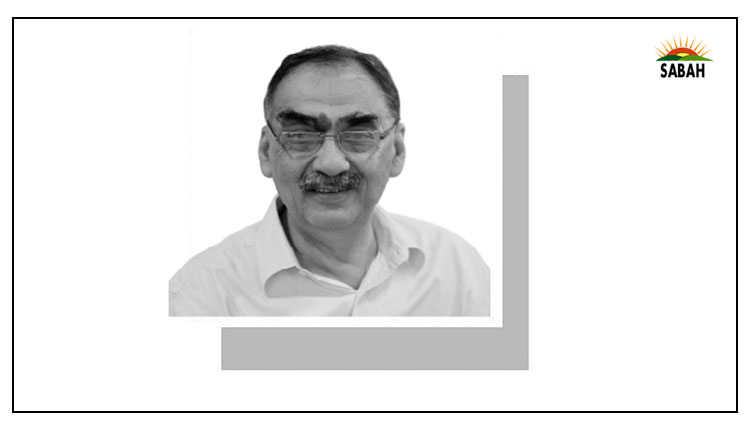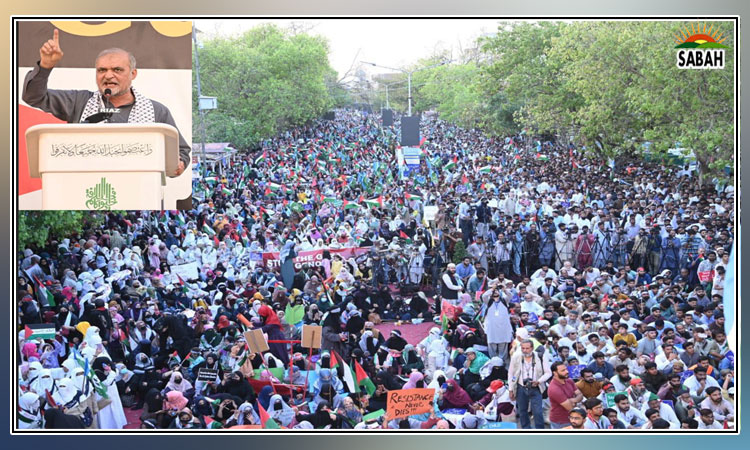Confused agendas…..Kamila Hyat
The amount of confusion surrounding what the PTI and Imran Khan are precisely standing for continues to envelop the political thinking of the country. There is one point of view still coming mainly from overseas that Imran is truly a national nationalist hero, who is willing to fight the status quo much like the revolutionaries we have heard of in our country and elsewhere.
But there is another perspective to all that is happening. Many would argue that Imran and his people, including powerful women, were attempting a kind of soft coup. As we have all seen, that did not work and the PTI is now quite clearly insecure given the action against their leaders as well as those who attacked army installations on May 9.
The issue here is that we have a crazed quest for power not only from Imran but also other leaders yet there is no agenda as to what the future holds. No political party has told us how it plans to deal with Pakistan’s enormous debt crisis or its economic disarray, as well as the problems which stem from it.
We see people reporting daily the snatching of mobile phones, money, and even small pieces of jewelry in hold-ups even in the centre of Islamabad.
It is thought that people are so desperate they are now willing to commit these crimes rather than allow their children to starve. There are stories too of people unable to buy clothes or those who have chosen to consume much less and those who have pulled children out of school.
Of course, these are the problems that our political leaders should be dealing with. But they seem to keep their focus only on the lust for power and how to obtain it. This is true not only of PTI, but also other groups. And then we have the possibility of factions breaking out in the PTI as key leaders part ways with the party. It is clear that we also have a divided judiciary and to some degree a divided military. To this extent the PTI succeeded in its goals.
The first task of any leadership which next comes to power must be to first of all read the slender pages which make up the constitution of Pakistan. We can read all the amendments and alterations made in the document as well, notably those under Gen Ziaul Haq. From this point on, the task must be to follow the constitution and to make sure institutions stick to the role which has been assigned to them. These institutions we all know include parliament, the executive and the judiciary. While they do not form one of the pillars of state, the role of the military has also been defined and it is imperative that it remains within the parameters set by the constitution. In brief: the various elements of state must stay in their own spheres.
Unless we can stick to the basics of our constitution and also to the extremely useful additions made to it, such as those under the 18th Amendment, which give the provinces more autonomy, we are in for only more trouble. Meanwhile, people need to understand that Imran Khan’s actions were essentially intended to try and boost himself back to power.
Imran had made mistakes in giving up power in other places and quite clearly wanted to resume office as soon as possible. The way he chose to go about this opens up many questions and leaves open many questions for the future.
It is obvious that Imran Khan will have to answer the cases brought not only by civilians such as the Al Qadir Trust case, which he has to explain but also those which are likely to be brought by the military, if not against him, then against key PTI leaders. This will be an uncomfortable process and one that Pakistan would have done well to stay away from.
The writer is a freelance columnist and former newspaper editor. She can be reached at: kamilahyat@hotmail.com
Courtesy The News


